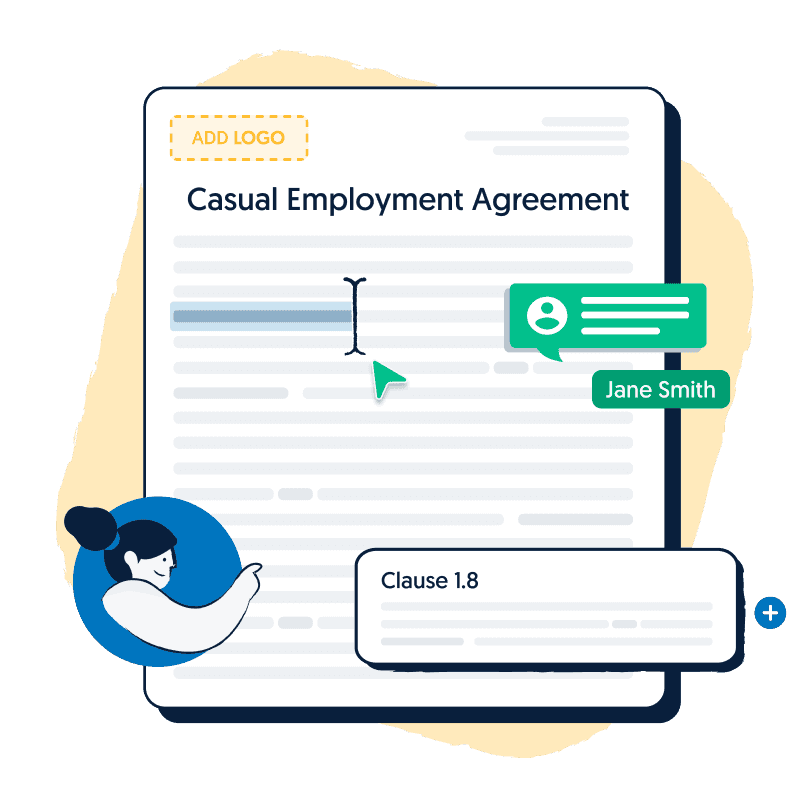Being a casual employee can have some ups and downs. There is the benefit of having casual loading with higher pay. On the flip side, there is also a lack of paid leave and access to some basic unpaid rights. Either way, it’s still important to work out whether the flexibility and pay of being a casual employee outweighs the absence of paid leave entitlements.
Table of Contents
Am I a casual employee?
A casual employee is characterised by their power to refuse work and a lack of long-term commitment required for the position. In contrast, a full time or part time employee has a fixed contract stating the hours they must work and their entitlement to be paid sick leave and annual leave. The casual employee doesn’t have a set work time and usually works based off a roster which changes weekly. Likewise, they can either refuse or take on more work than their employer gives them. The benefit of being employed on a casual basis is higher hourly pay than being employed part or full time because of casual loading.

Get your Casual Employment Agreement now for free.
Hire casual employees in any industry. This Employment Agreement (Casual) is essential when hiring new employees for your business.
National employment standards
At the national level for all employees, there are a set of 10 minimum rights for employees. These are the national employment standards. However, the basic rights for casual employees relating to leave are limited and they are only entitled to:
- unpaid carers leave
- unpaid compassionate leave
- community service leave
Types of leave entitlements
Long service leave
Whether a casual is entitled to this depends on the state or territory. In NSW if a casual employee has been working for the same employer for 10 years they may able to apply for 2 months paid leave.
Maternity/Paternity leave
A casual may be able to get 12 months unpaid leave if they have been working on a regular basis for 12 months. There should also be a reasonable expectation that they will continue to work afterwards.
Domestic violence
In the situation that there is domestic violence, an employee can now take 5 days unpaid leave regardless of how long they have been working. In this case, notice as soon as possible should be given to the employer. Likewise, evidence that meets the expectation of satisfying a reasonable person may be needed. This right applies to casual employees although there are exceptions for those with enterprise and public sector awards.
Community service leave
Casual employees can also take community service leave which is either voluntary emergency work or jury duty. This could involve volunteer firefighting or assisting in the state emergency services. When a casual employee is called for jury duty there is no right to pay at the national level but in some states, there may be. In NSW casuals aren’t entitled to be paid by their employer. Despite this, employers can’t force casuals to use other leave up instead. Additionally, they can’t ask employees to carry out more work to make up for the lost time they were on the jury. In order for this to apply, you must be casual who has worked for at least 12 months on a regular basis. Community service leave also requires notice and for jury duty, evidence that they served.
Casual employees have some, but not all of the rights of a part or full time employee. Fundamentally, it’s a trade-off where leave entitlements are sacrificed for a higher rate of pay, but the security that comes with having a fixed contract cannot be underestimated.
Want more information? Contact a LawPath consultant on 1800529728 to learn more about customising legal documents and obtaining a fixed-fee quote from Australia’s largest legal marketplace.




